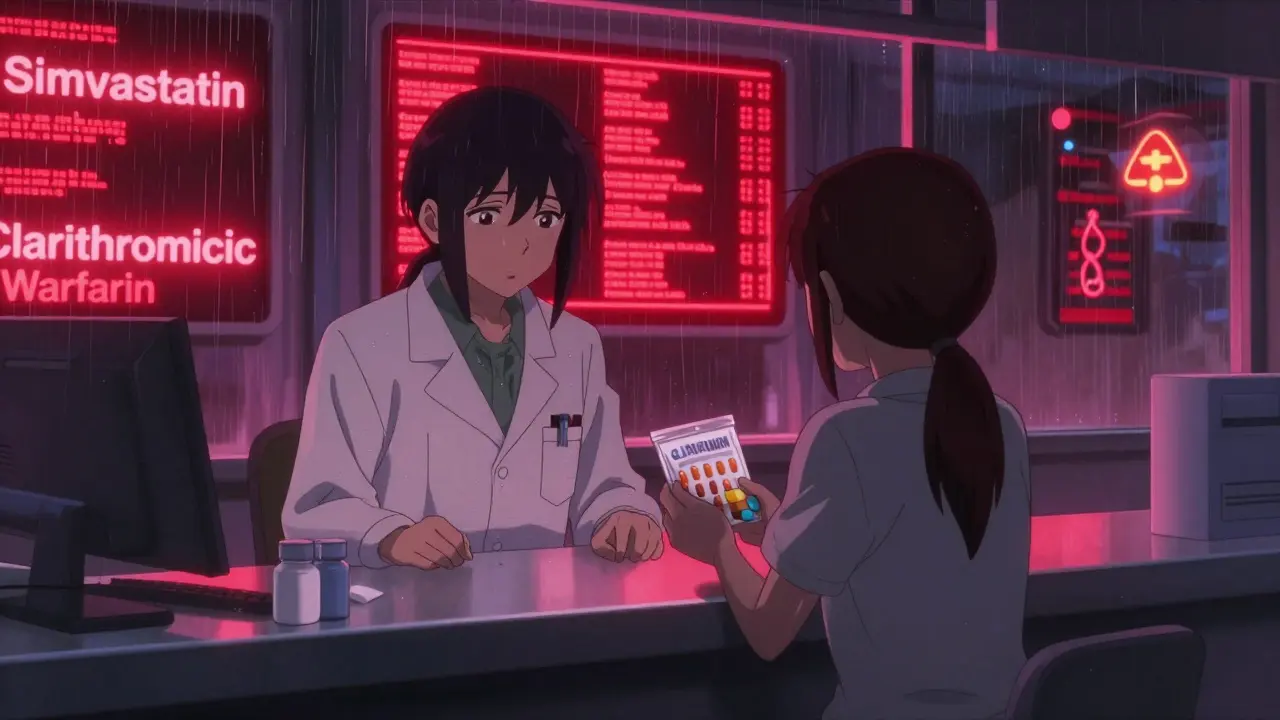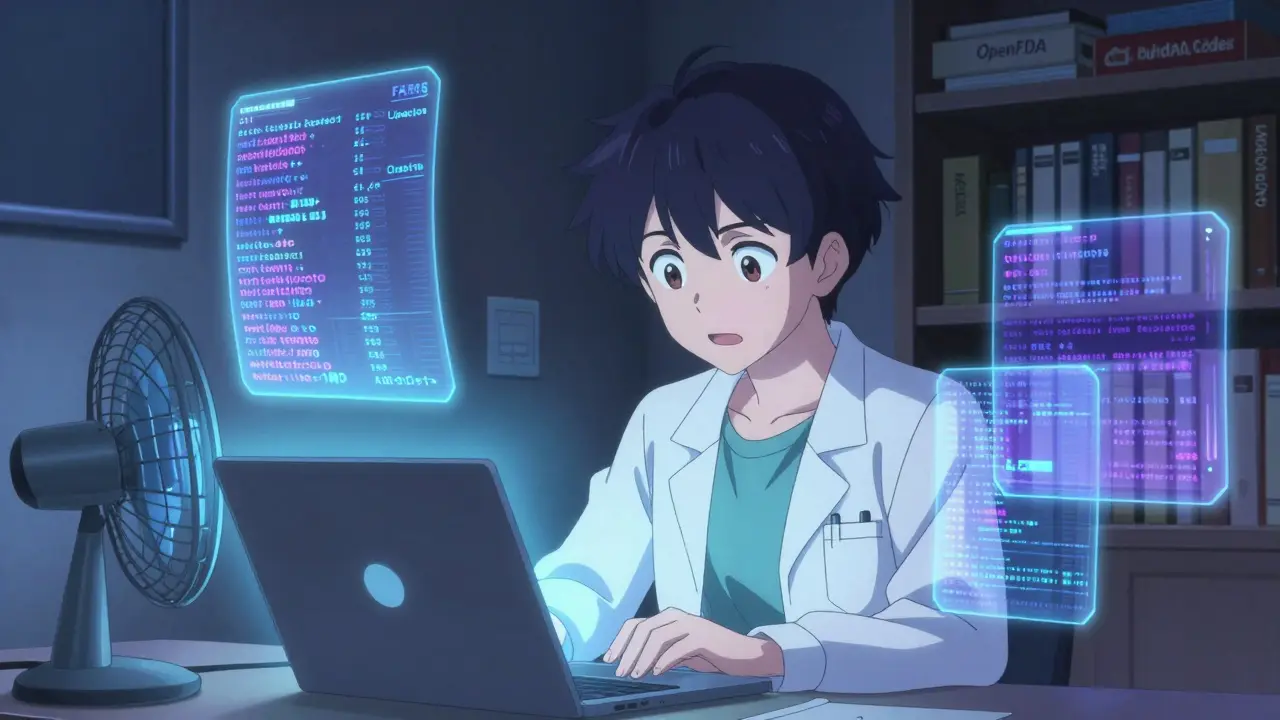Drug Side Effects: What You Need to Know About Common and Serious Reactions
When you take a medication, your body doesn’t just respond to what it’s supposed to do—it reacts to everything else too. Drug side effects, unintended physical or mental reactions to medications. Also known as adverse drug reactions, they range from mild annoyances like dry mouth to life-threatening issues like internal bleeding or heart rhythm problems. These aren’t rare glitches—they happen to millions every year, and most people don’t know how to tell the difference between normal and dangerous.
Prescription drug risks, the potential harm from medications prescribed by doctors, are often hidden in fine print. Take SSRIs for depression: they help mood but can cause hyponatremia in older adults, leading to falls or confusion. Or statins—used to lower cholesterol—can trigger muscle pain in women more than men, and sometimes raise diabetes risk. Even common OTC painkillers like ibuprofen and naproxen carry hidden dangers: stomach bleeding, kidney damage, and increased heart attack risk, especially with long-term use. These aren’t theoretical risks. Real people experience them, and many don’t realize their fatigue, dizziness, or stomach pain is linked to a pill they’ve been taking for months.
Medication side effects, the body’s unintended response to drugs aren’t random. They’re tied to how your body processes the drug, your age, other meds you’re on, and even your genetics. Medroxyprogesterone, used in men for prostate cancer or behavioral issues, lowers testosterone and can cause weight gain, mood swings, or breast tenderness. Opioids, meant for pain, can drop testosterone levels so low they cause fatigue, low sex drive, and muscle loss. And counterfeit drugs in developing countries? They don’t just fail to work—they sometimes contain toxic chemicals that kill. Side effects aren’t just about the drug itself. They’re about the system around it: pricing, regulation, access, and how well patients are monitored.
You don’t need to avoid meds to stay safe. You need to know what to watch for. If you’re on blood thinners like apixaban, bone health matters. If you’re using minoxidil for hair loss, patch testing prevents rashes. If you’re taking antibiotics like Bactrim, watch for rashes or swelling—signs of a serious reaction. The goal isn’t fear. It’s awareness. The posts below give you real, no-fluff breakdowns of what side effects actually look like, who’s most at risk, and what to do when something doesn’t feel right. No jargon. No scare tactics. Just clear, practical info that helps you take control.
Red Flags in Drug Interactions: Combinations Your Pharmacist Should Question
Dangerous drug interactions kill thousands each year - often because pharmacies miss warning signs. Learn the top deadly combos your pharmacist should question and how to protect yourself.
Dizziness and Lightheadedness as Medication Side Effects: What You Need to Know
Dizziness and lightheadedness are common side effects of many medications, affecting 1 in 5 adults. Learn which drugs cause it, how to recognize the signs, and what steps to take to reduce risk-especially if you're over 65.
How to Use OpenFDA and FAERS APIs to Access Drug Side Effect Reports
Learn how to use the OpenFDA and FAERS APIs to access drug side effect reports. Get started with API keys, search syntax, real-world examples, and tools to analyze FDA adverse event data safely and effectively.
Side Effects and Medication Adherence: How to Stay on Track When Drugs Cause Problems
Side effects are the #1 reason people stop taking their medications - even when they know it's crucial. Learn how to manage side effects, talk to your pharmacist, and stay on track with your treatment plan.
© 2026. All rights reserved.




